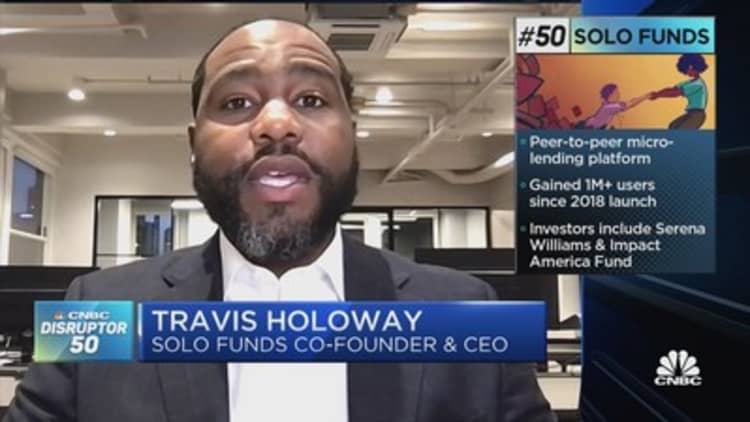[ad_1]

While the inflation trend took a welcome turn in the latest data, many shoppers are still dealing with historically high prices and sticker shock across the economy.
The consumer price index, a key barometer of inflation, increased 4.9% in April compared to last year, marking the smallest annual reading in two years, according to the U.S. Bureau of Labor Statistics.
But with the CPI reading still up, and much higher than the Federal Reserve target inflation rate of 2%, many consumers won’t notice prices falling even as the rate at which they’re rising is nowhere near the increases seen last summer.
That is adding to the overall economic fragility that many Americans are dealing with: the prices of goods and services are still high and the cost of borrowing money is getting more expensive as the Fed raises interest rates the most in decades, which comes as pandemic-era savings are being depleted.
Those challenges are leading many consumers to turn to alternative ways to access needed capital, especially consumers that historically have been underserved by the traditional banking system.
Helping this underserved consumer segment was the impetus of SoLo Funds, which ranked No. 50 on the 2023 CNBC Disruptor 50 list. The fintech firm acts as a peer-to-peer lending platform, letting would-be borrowers create a loan request and the terms, and put it on a marketplace where other individuals can fund those loans directly.
“Getting access to capital is incredibly important, particularly in this macro environment,” SoLo Funds co-founder and CEO Travis Holoway told CNBC’s Frank Holland on “Worldwide Exchange” on Wednesday. “More people, with inflation and just the overall cost of living increases, aren’t able to afford financial shocks, and they’re looking for access to more equitable small-dollar loans.”
As credit and loan conditions continue to tighten, Holoway said that SoLo Funds is seeing more people come to its platform who may not have otherwise needed access to these sorts of services, which it also saw in the early periods of the pandemic.
The company has issued over $200 million in loans and run $400 million in transaction volume. The majority, or 82%, of its members are from underserved zip codes.
“We’ve seen over the life of our company, like when we had the government shutdowns, individuals would be using our platform who would normally not be in the market for a small-dollar loan,” he said. “What we’re seeing now is more people who need access to this emergency gap-filling capital.”
The tough market conditions are also pushing new lenders to SoLo Funds, investors who Holoway said are “chasing that yield-generating opportunity,” which the P2P platform is providing “in a very decentralized way.”
[ad_2]

